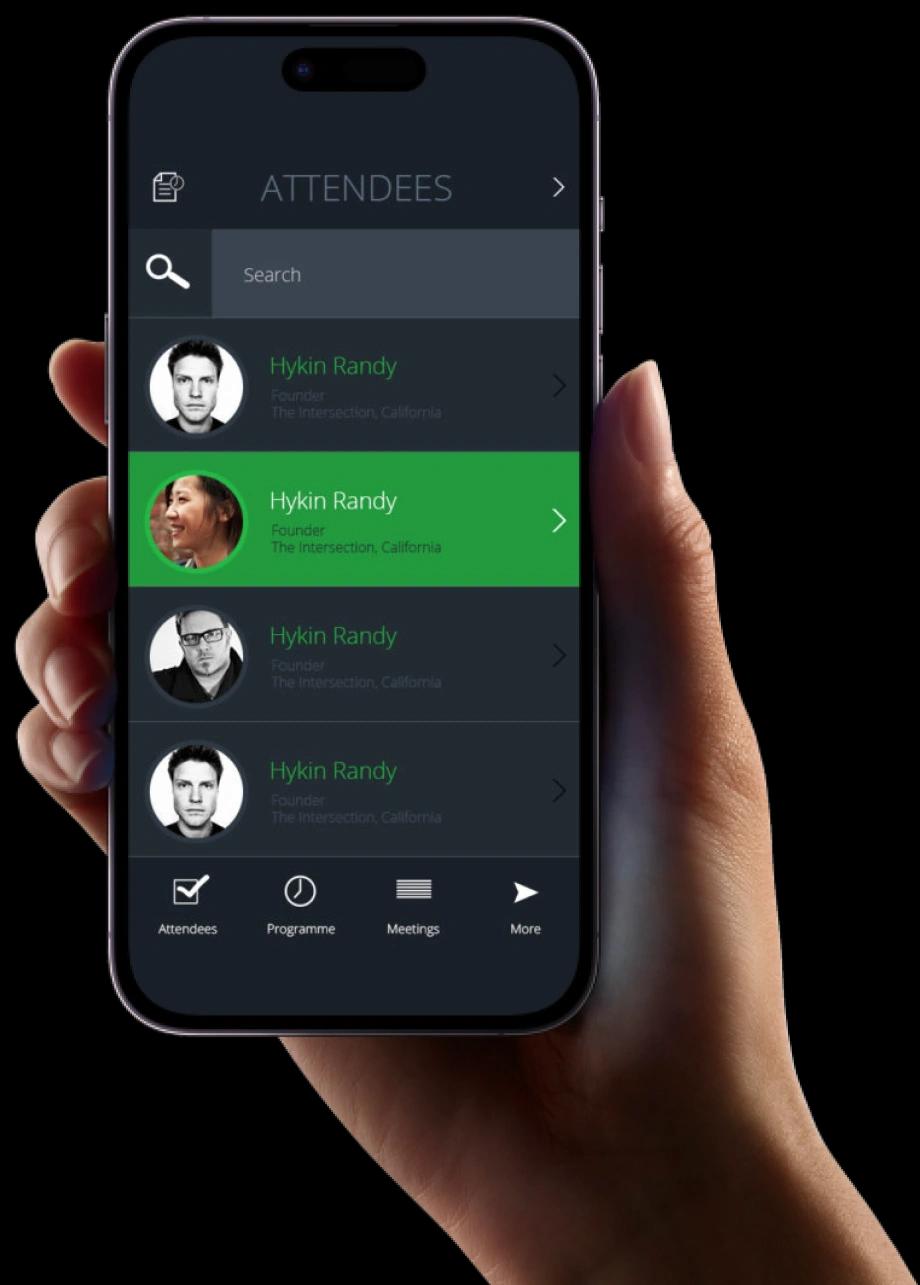Exaud Blog
Blog

AI-Driven Tools for Software Development
Our team member Diogo Mateus writes about the growing role of AI-powered tools in software development, their potential benefits and future prevalence. Posted onby Diogo Mateus
As software developers, we’re always looking for ways to facilitate our
workflow and work more efficiently. Every developer, no matter the language,
had to turn to Google (shoutout to Stack Overflow), at least once (but
probably more), for help with coding at some point. But as the concept of
Artificial Intelligence becomes more ordinary, we may be able to rely on it
to assist us with tasks instead of constantly consulting every result that
the search engines give you.
In the coming years, AI-powered tools and resources will play a more
significant role in the development process. Still in 2023 it is expected to
see more and more AI-driven resources available to help you with your coding
needs, you could see them as your personal coding assistant. The question
many ask is: can AI completely replace human developers? Well, for now AI
development is still focused on exploring how it could make life easier for
developers, and that’s what will be explored in this article.
What is AI-Driven Development?
AI-Driven Development is a relatively new approach that involves using
artificial intelligence to assist with various tasks in the development
process. One key difference between AI-Driven Development and other
approaches is the use of machine learning algorithms and natural language
processing to analyze and understand code, as well as to generate code
suggestions and assistance. This can save developers time and effort and
potentially lead to higher-quality code.
Are there coding tools that could help my Development Process?
There are a wide range of AI-powered coding tools available to developers.
These tools use artificial intelligence and machine learning algorithms to
assist you with various tasks, such as code completion, error prediction and
prevention, code review, natural language processing, and code generation.
Here are some to take into consideration:
Code completion Tools
These tools use machine learning algorithms to suggest and complete code
based on what you have written so far. There’s two big types of tools for
code completion. You have tools like
IntelliCode, a tool that elevates the already known Intellisense code completion
technology by turning it AI-assisted. It can predict the most likely correct
method or property for the developer to use instead of just an alphabetical
list. It uses the developer’s current code context and patterns to provide
this dynamic list.
On the other hand, you have tools like Github’s Copilot and Tabnine, where the idea is just write the code you ask, for example, you can write a python script to upload a file to a S3 bucket in just one comment like “Upload a file to a S3 bucket”. I would talk more about it, but it is simple as that, but like any other AI tool in the present, these have limitations on what and how you ask of it.
Natural Language Processing Tools
These use AI to analyze and understand natural language input, such as code
written in a programming language or queries written in a natural language.
Instead of showing multiple cases in this type of tool, I would like to talk
about the most interesting example:
ChatGPT. This is a tool that
is changing and will keep changing how development works in grand ways. It
is a highly versatile AI-powered tool that is capable of assisting with a
range of tasks in the development process, including natural language
processing. Here’s a few examples of how we can use it to save time and work
more efficiently:
Generating Code:
ChatGPT can comprehend and interpret developer needs using its natural
language processing skills and provide corresponding code snippets. When it
comes to repeated tasks or boilerplate code, this may save programmers a lot
of time.
Generating Documents:
Thanks to ChatGPT’s natural language processing skills, it can accurately
generate documents identifying the requirements. Developers, who frequently
have to spend a lot of time developing comprehensive documentation for their
code, might benefit significantly from this in terms of time savings.
Information Gathering/Research:
ChatGPT may be a helpful tool for developers seeking knowledge, similar to a
search engine, or a “question-and-answer” website like Stack Overflow. The
model can comprehend complex programming ideas and deliver relevant
information to developers.
Personally, I think ChatGPT is the way to go in starting with AI-driven
development since it is fairly simple to use, now even having the
possibility to use it through the Bing search engine, since ChatGPT
creators, Open AI and Microsoft made a long-term partnership, extending
Microsoft products with ChatGPT capabilities in the future.
Code Analysis Tools
These tools use AI to analyze code and provide feedback and suggestions for
improvement. Applying AI to code reviews could help reduce problems related
with human interaction. AI can also help with scanning large amounts of
code, giving pointers quickly, saving developers time, all this keeping in
mind that there’s still a need for supervision of this tool. I’ll mention
two of the many tools that exist:
CodeFactor and
Codacy. Both tools are very similar,
showing you issues with each commit and pull requests made, keeping track of
new and fixed issues. Also they have the capability of Slack integration,
which for me looks and feels like an interesting feature, since it can send
you a “Good Job!” message when you made a well made pull request or the
opposite on a faulty pull request. Nevertheless, there’s a downside to these
tools, for a free usage, your repositories need to be public, depending on
the type of project which could be a deal breaker.
Conclusion
With the rise of AI-driven development, we may no longer have to rely on
search engines for coding help. In the coming years, AI-powered tools and
resources are set to play a larger role in the development process. In this
year, we can expect even more AI-driven resources to become available to
assist with coding tasks.
Fortunately for human developers, AI is still limited in its ability to get
creative and come up with original solutions to complex problems. However,
as AI continues to improve and evolve, it’s possible that it may play a
larger role in the development process in the future. So don’t be afraid to
give it a try, you could see that one or more of these tools could be a very
helpful tool in your future endeavors.
Related Posts
Subscribe for Authentic Insights & Updates
We're not here to fill your inbox with generic tech news. Our newsletter delivers genuine insights from our team, along with the latest company updates.